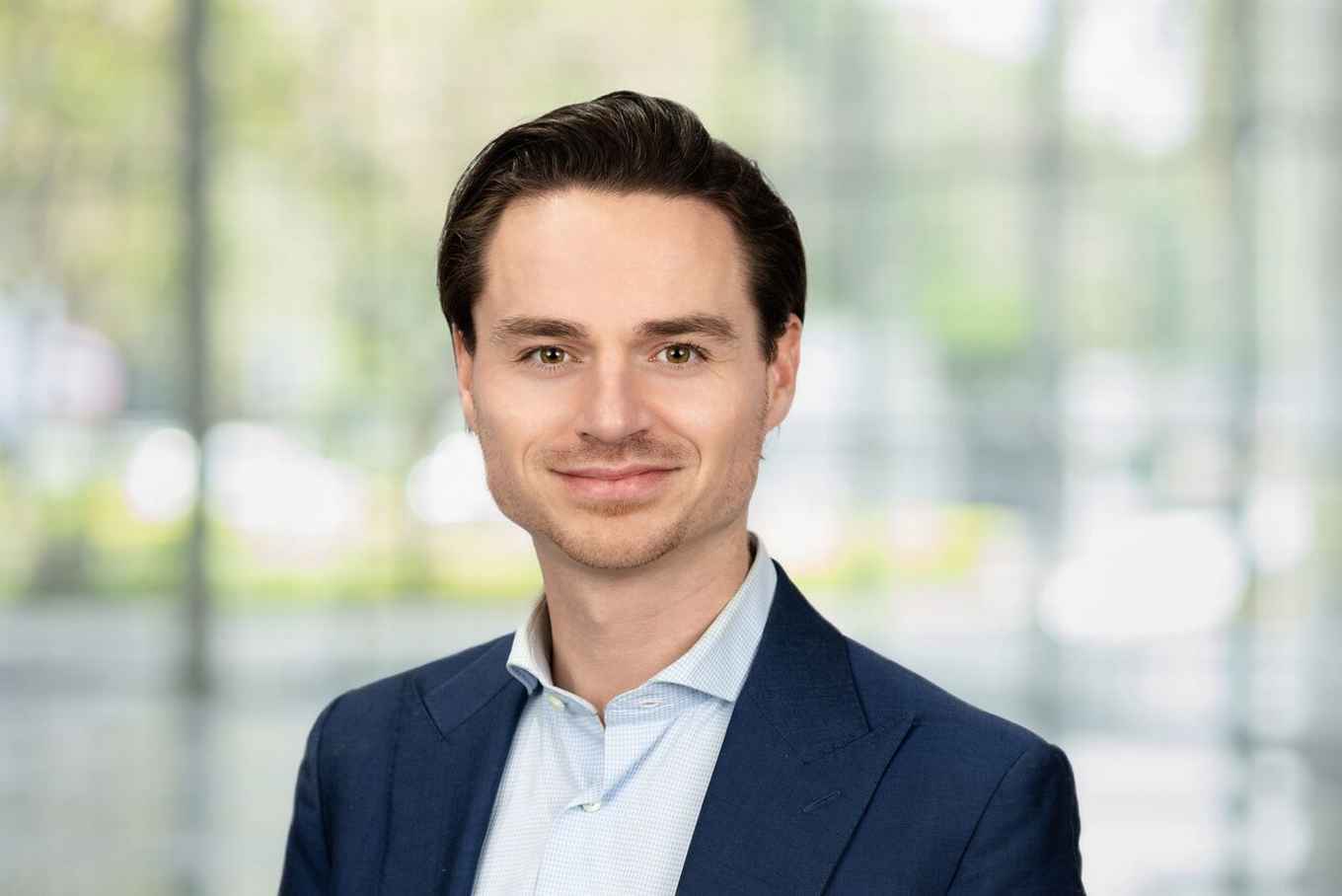Burnouts as a legal question: Niels van der Neut investigates where responsibility lies
Winner Impact Call Award 2024
23 June 2025

With support from the Impact Call, the university lecturer in labour law is developing an interdisciplinary course for vocational (MBO), applied sciences (HBO), and academic (WO) students, in which he studies burnout as both a social and legal issue.
Van der Neut previously wrote a dissertation on the legal status of freelancers and co-hosts the podcast Juridisch Geneuzel ('Legal Nonsense') with his friend and fellow lawyer Hidde Bruinsma. His interest in the topic was sparked when he was asked by the Young Bar Association to speak about the legal aspects of burnout.
'Burnout rates have only gone up in recent years—especially among young people. But where, exactly, do we place the cost of those burnouts?'
What does your project involve?
In his project, Van der Neut explores the legal dimensions of burnout and how responsibilities are divided between employer, employee, and society. The starting point is clear: burnout is officially recognised in the Netherlands as an occupational illness, but proving it and determining liability is complex.

'University students might be more theoretical, whereas vocational students tend to be more hands-on. That contrast might be exactly the kind of inspiration I’m looking for
'Burnout has a multi-causal and gradual nature. It's often a blend of work and personal factors. Can you really place all of that responsibility on an employer?'
He explains that current legislation on employer liability is complicated. Employees must prove that the damage occurred at work - something that is notoriously difficult in cases of burnout. However, there are indicators, such as breaches of working time legislation, that can shift the burden of proof. 'If, for instance, the Working Hours Act has been violated, that could be a sign the employer may be liable. In that case, the employer must provide counter-evidence.'
The project culminates in an interdisciplinary course for MBO, HBO, and WO students. Each group brings its own perspective—something Van der Neut finds especially valuable. 'University students might be more theoretical, whereas vocational students tend to be more hands-on. That contrast might be exactly the kind of inspiration I’m looking for.' The course runs for five months. The initial weeks establish the legal and societal context, with input from specialists such as occupational physicians and personal injury lawyers. Students then work in mixed-level groups on case studies and reflective assignments.
'I want students to understand that every perspective is shaped by a particular lens. Whether you’re a lawyer, a doctor, or a judge—you bring your own frame of reference. Take a moment to reflect on that.'
Why did you apply for the Impact Call?
The Impact Call gave Van der Neut the opportunity to further develop his project and structure the educational programme. A key requirement was that students from different educational levels work together, which requires thoughtful didactic design and support.
'They’ll be working in groups where each team includes at least one MBO, HBO, and WO student. I deliberately integrate them so they learn from each other. I’m supported in this by the Amsterdam Law Hub. Together with sociologist Agnes Akkerman, I’m also conducting a baseline and final measurement to assess whether students have become more aware of the issue of burnout.'
An additional aim of the project is to help students recognise signs of burnout earlier - —both in themselves and in others. That’s important, given that young people face a high risk of dropping out due to burnout.

When I saw this call, I thought: this is my chance. What started as a hobby - —my research into burnout - —can now really move forward.
Statistically, they are the most at risk of burnout when they enter the labour market. That’s why it’s so important they understand, recognise, and investigate this topic.' The funding from the Impact Call was essential to make the course possible. 'Try launching a new course during a period of cutbacks. When I saw this call, I thought: this is my chance. What started as a hobby - —my research into burnout - —can now really move forward.'
What are your hopes for the project?
Ultimately, Van der Neut hopes that the outcomes of the teaching project will also enrich his academic research. While the focus is on education, he sees the project as a stepping stone to a broader legal analysis. 'I hope the students produce such strong results that I can use them to build a scientific publication.'
In that publication, he wants to examine the legal framework around burnout and the current distribution of risks: who holds which responsibilities, and how fair is that division? 'I want to answer those questions by looking at the rights and obligations that already exist for each party.' He also hopes the course fosters greater awareness among students—not just about burnout, but also about how knowledge and perspectives are shaped, and how collaboration between people with different backgrounds can lead to new insights. 'It’s also about collaboration and reflecting on each other’s ways of thinking. That might be just as important as the subject matter itself.'